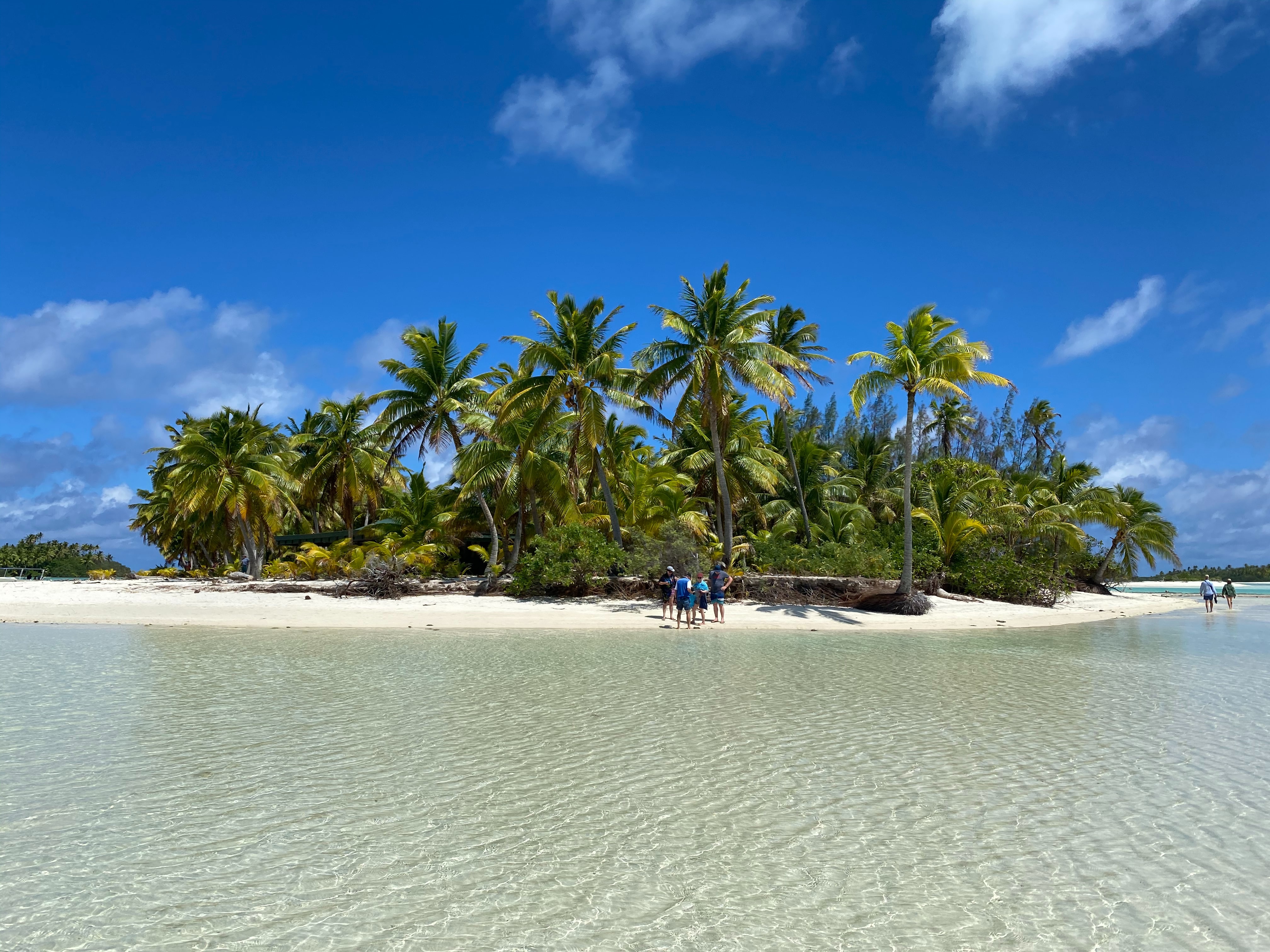News release
From:
Expert Reaction
These comments have been collated by the Science Media Centre to provide a variety of expert perspectives on this issue. Feel free to use these quotes in your stories. Views expressed are the personal opinions of the experts named. They do not represent the views of the SMC or any other organisation unless specifically stated.
Dr Bodo Lang, Senior Lecturer, Department of Marketing, University of Auckland
The import of sweetened beverages (SBs) into the Pacific Islands has increased from 2000-2015. This increase in free sugars in a liquid form is likely to be a leading contributor to poor nutrition in the Pacific Islands. This is troubling because the Pacific Islands are particularly vulnerable.
So who is to blame? Surely it’s consumers who make free and informed choices, right? Well, SBs are difficult to look past. They are heavily taste-tested to appeal to a broad audience. They are also packaged, promoted, and priced to make them highly desirable. And often they are the only choice, or at least a dominant choice, at the point of sale. Research has shown that the more widely distributed a product is, the bigger its market share. So it takes an informed and committed consumer to opt for other, healthier beverage choices.
So what can be done? To effectively address the increasing import of SBs into the Pacific Islands, central intervention is most likely the most effective tool. Restricting the availability, using plain packaging, adding warning labels, and using effective price signals are likely to discourage the consumption of SBs. In other words, de-marketing SBs should be part of the solution to curb the increasing consumption of SBs in the Pacific Islands. Many countries have effectively used such strategies for other harmful products, such as alcohol and tobacco. So let’s use similar strategies to improve health in the Pacific Islands.
Associate Professor Lisa Te Morenga, Rutherford Discovery Fellow, Research Centre for Hauora and Health, Massey University
Imported foods and drinks are widely recognized by Pacific governments to be a major contributor to increasing rates of non-communicable diseases in their countries. However they face big challenges when trying to limit the supply of unhealthy food and drink imports into their countries.
One barrier is that in return for the Aid provided by countries like New Zealand they are required to sign up to free trade agreements that prevent restrictive trade practices such as unhealthy food taxes or import bans. The latest research from Australian researchers, Lo and colleagues, highlights this problem. New Zealand businesses are making increasing and substantial profits exporting sweetened drinks to our Pacific neighbours, despite their undisputed role in driving up obesity rates and poor oral health, and their associations with other non-communicable diseases.
It’s incredibly disappointing that New Zealand is the world leader in sweetened drinks exports to the Pacific. We are better than this. Our decisive Covid-19 response has protected us and our Pacific neighbours from the horrors that other nations have experienced during the pandemic. I urge our Government to take the global pandemics of obesity, diabetes and other non-communicable diseases as seriously as they have Covd-19, and support Pacific nations to control the quality of imported foods and drinks entering their food systems.



 Australia; New Zealand; Pacific; International
Australia; New Zealand; Pacific; International



